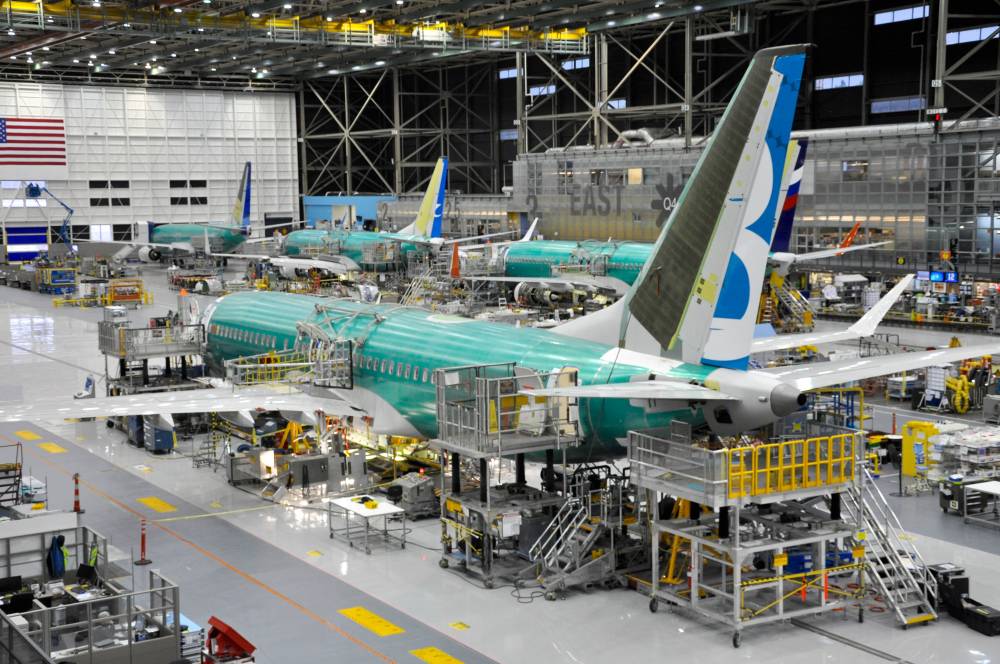ARLINGTON, VIRGINIA — Boeing foresees $8 Trillion global jet market growth amid environmental concerns.
Boeing, the American aerospace giant, foresees global airlines expanding their fleet with an estimated 42,595 jets worth approximately $8 trillion over the next two decades, despite increasing climate concerns influencing consumer travel habits. This projection, part of Boeing's latest 20-year industry analysis, acknowledges the escalating environmental activism concerning the impact of aviation emissions.
Darren Hulst, Vice President of Marketing at Boeing, anticipates a decline in short-haul commercial flights less than 500 miles as environmentally conscious governments encourage the public to adopt more eco-friendly modes of transport such as rail.
Meanwhile, airlines are leveraging efficiency strategies to increase flight productivity and profitability, potentially affecting aircraft sales. According to Boeing, carriers are projected to enhance their fleet productivity by about 20% by transitioning to larger planes, implementing denser seating arrangements, and maximizing their aircraft's daily flight hours.
Nonetheless, Boeing predicts a nearly twofold increase in the global fleet by 2042, growing annually at a brisk 3.5%, outpacing its projected 2.6% global economic growth rate. In comparison, Airbus foresees an entry of 40,850 new jets into the commercial market within the same period.
Both aerospace giants agree that single-aisle jets will rule the market for the forthcoming two decades. Mainstay jets like Boeing's 737 MAX and Airbus's A320neo are expected to account for 76% of total sales, a slightly conservative estimate compared to Airbus's 80% projection.
However, Boeing doesn’t envision uniform growth across all jet categories. The company has curtailed its forecast for air freighters and regional jets entering the market by 1.6% and 14.6% respectively, relative to last year’s prediction.
Hulst also expressed skepticism about single-aisle jets with intercontinental capabilities, such as Airbus's A321XLR, gaining more than a marginal market share. He highlighted the limitations of such jets, including inadequate capacity for baggage and premium offerings, and the inability to accommodate the cargo component significant for medium- and long-haul flights.

